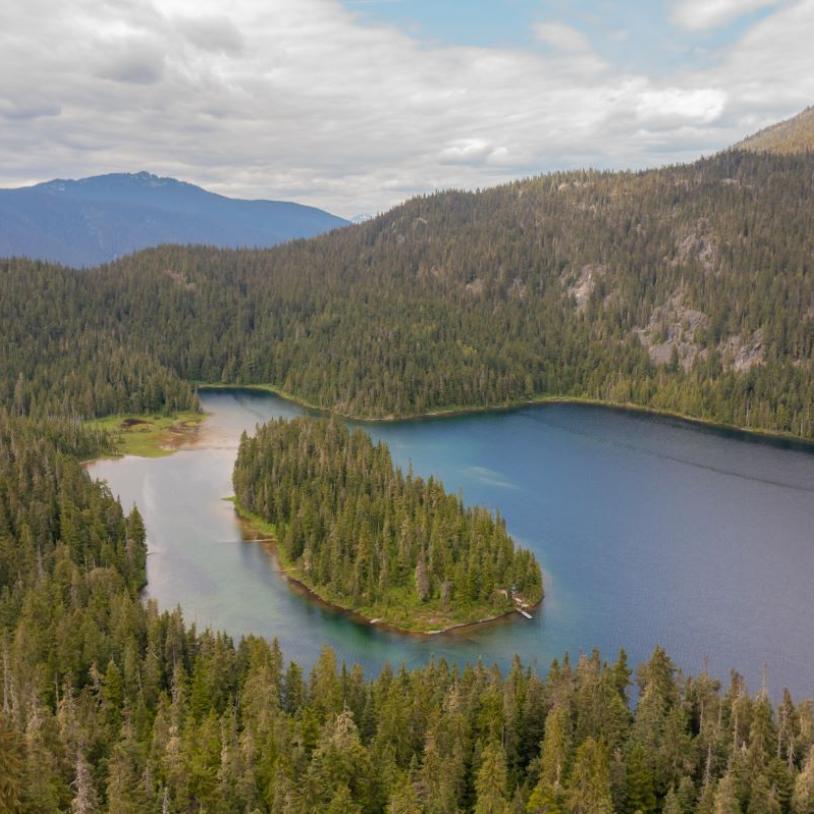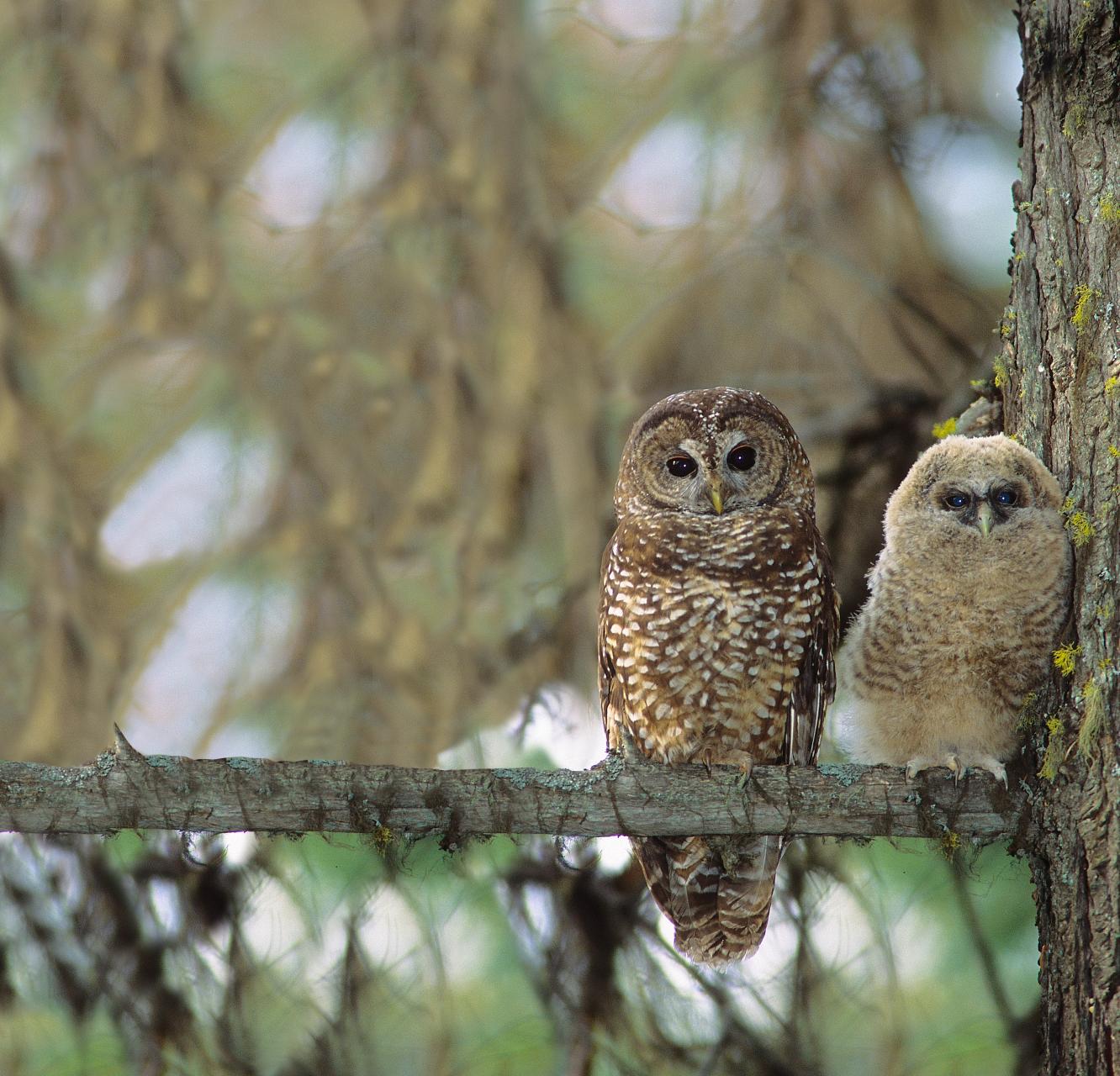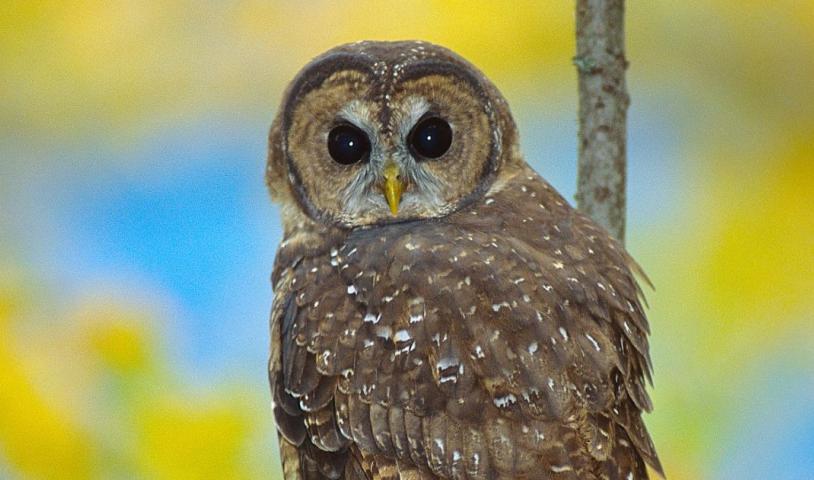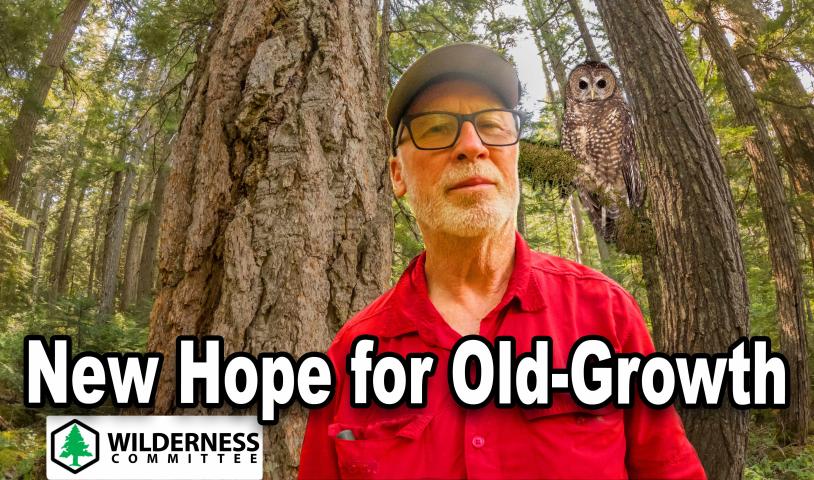Conservation group plans Chilliwack Lake campout to save northern spotted owl habitat
Friday, June 24, 2011
A Vancouver-based conservation non-profit organization has announced that it will host a campout in the forest near Chilliwack Lake on the Canada Day long weekend in a bid to save an area of forest set aside for the survival of the endangered northern spotted owl.
“Chilliwack Valley residents brought it to our attention that the B.C. government is ready to allow over a dozen cutblocks within the Wildlife Habitat Area that has been set aside in the Chilliwack Valley as protected Northern spotted owl habitat,” said Wilderness Committee national campaign director Joe Foy in a press release. “We were shocked, because the province originally protected this forest a few years back because of pressure from the federal government over declining numbers of northern spotted owls in B.C.”
It’s logging that has reduced the owl’s numbers to less than a dozen birds in Canada, placing the Northern spotted owl on the endangered species list,” continued Foy. “To then allow logging in a Wildlife Habitat Area that the public thinks has been protected and set aside for spotted owls is just plain dishonest. We aim to do everything we can do to see the logging of spotted owl habitat stopped so that this remarkable creature and all the other species that need forest habitat are given a fighting chance to survive.".
The Canada Day Campout will feature guided hikes through the forest and surrounding trails, as well as a discussion on the importance of protecting forests for the survival of local fish and wildlife. “I think when people see how beautiful this forest is, they are going to be in heaven camping here and are going to want to help save it,” said Foy.
“We will be calling on Premier Christy Clark and Prime Minister Stephen Harper to work together to ensure that logging is immediately banned in all Northern spotted owl forest habitat,” said Foy. “Our governments need to act fast, because this species is facing extirpation in Canada. There’s only a few left in the wild because of extensive and continuing logging of their forest habitat. If their numbers are ever to bounce back, we need to ensure that there is still enough forest habitat left to give them a place to live."





